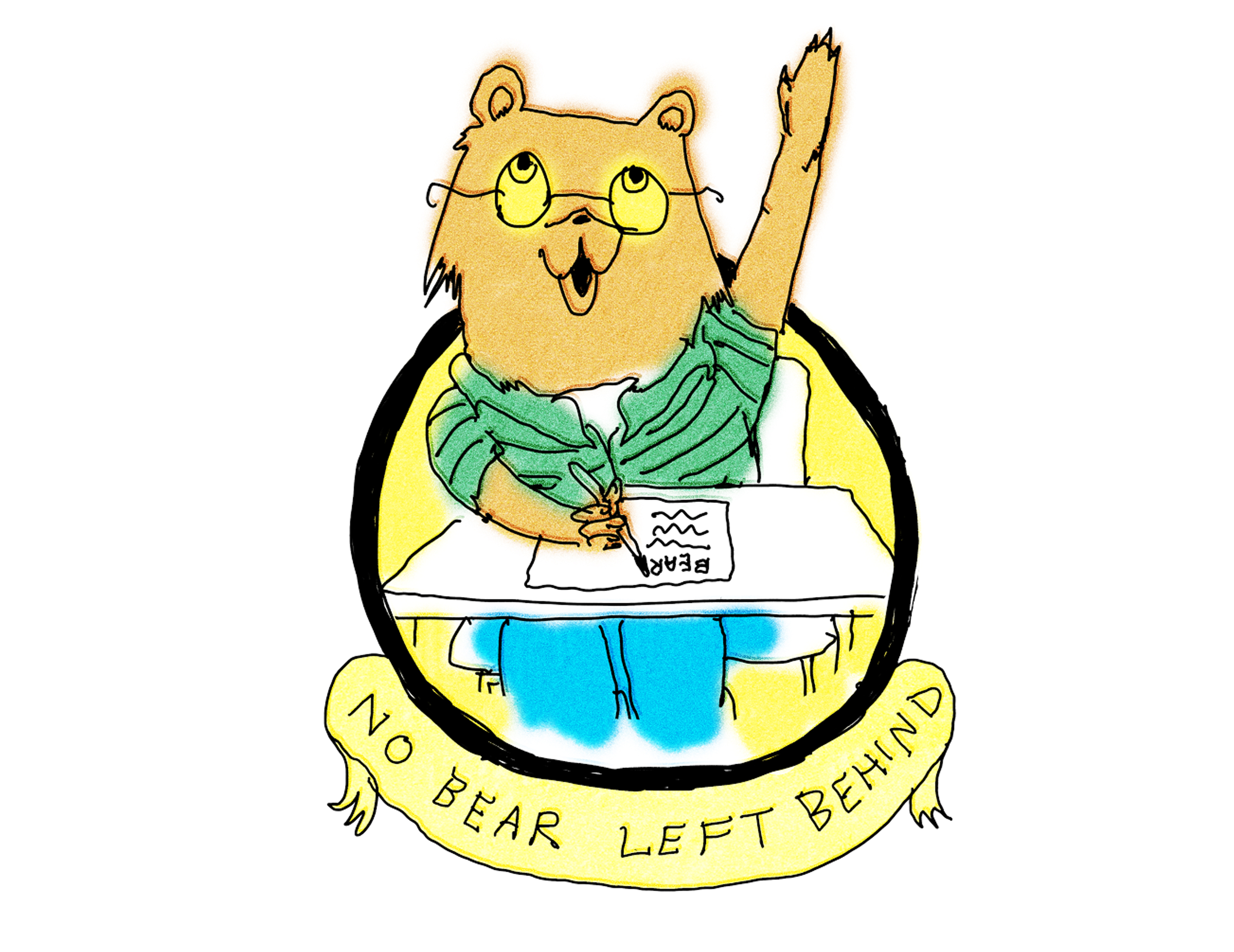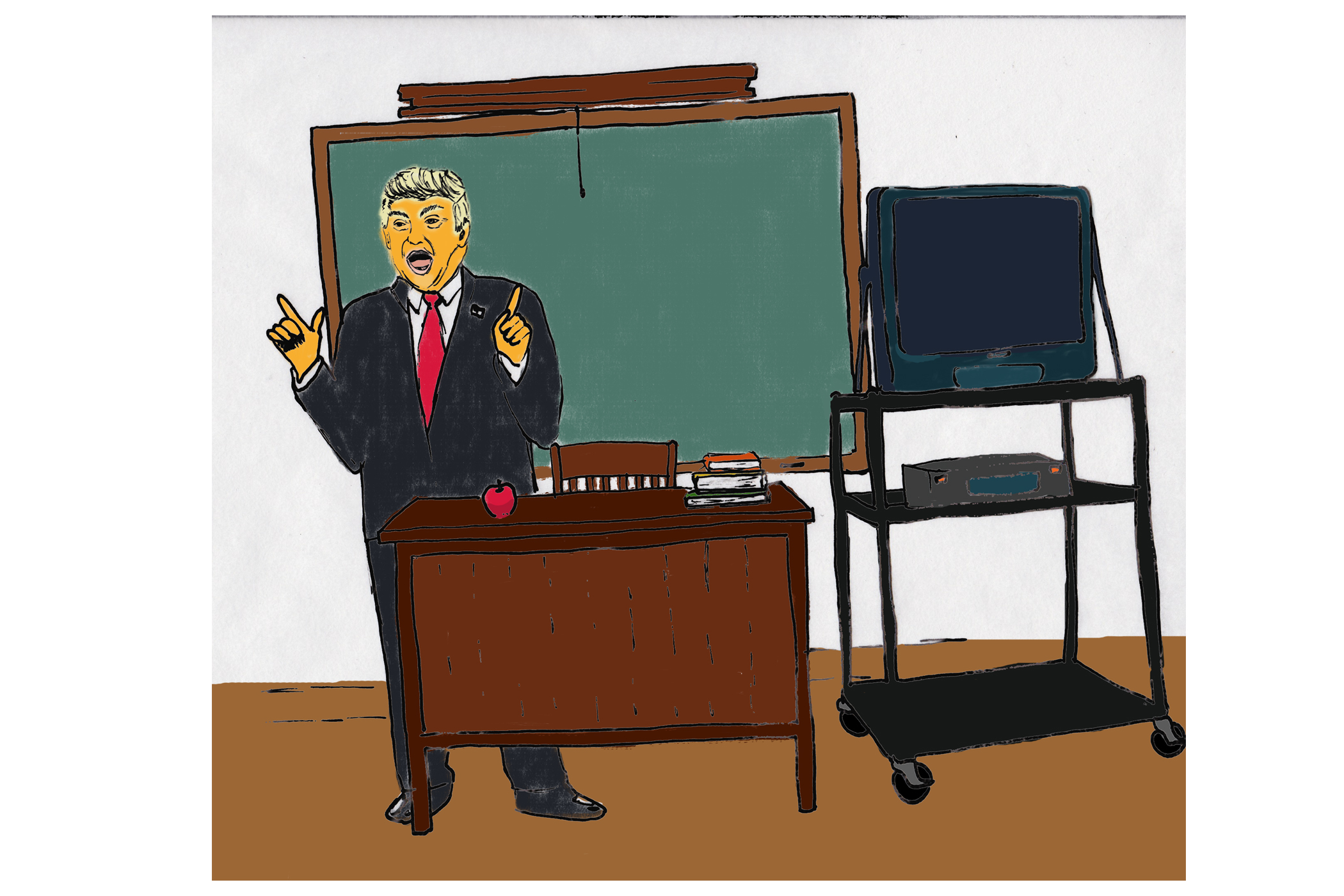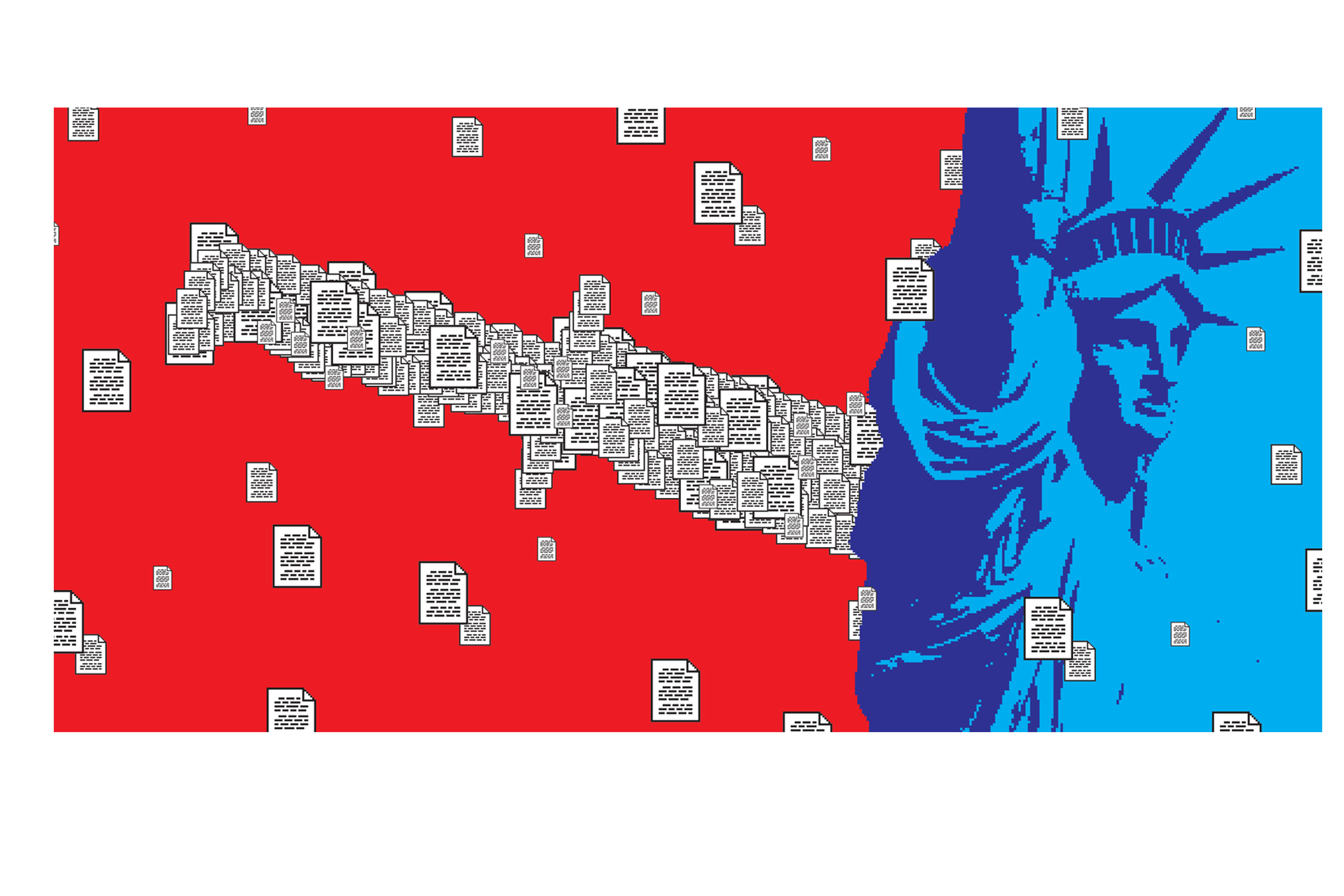In that piece I argued that perhaps we should take DeVos’ argument seriously: A gun, after all, may be the only way to stop a potential grizzly from breaking through the windows of the classroom and devouring the children while their stunned peers watch in horror.
I was convinced grizzly bears would stop at nothing until they had halted the educational process altogether. And guns would be necessary, of course, because according to grizzly bear lore, a bullet is the only way they can be killed.
I have since changed my view on the matter.
The question we should ask ourselves is perhaps not, “How can we get these grizzly bears out of our schools?” but rather, “How can we make grizzly bears a part of the educational process?”
As an educator myself, with four years’ teaching experience in high school English, I can say that typically when a student acts out or behaves inappropriately, it is because that student’s needs are somehow not being met.
So if we find our public schools besieged by invading grizzly bears, the question we must ask ourselves is why. Why do these grizzly bears feel that the only way they can be heard is by attacking school children in Wyoming?
What is it they truly want from us?
Some members of our legislature will say that some bears are just “bad” and that others are participating in organized resistance against the non-bear population, and these “uprisings” constitute an existential threat to the Republic.
I reject this theory.
Before we begin waving our guns at any bear who pokes his or her head in through the double-doors of the school building, we should consider why the bear has come in the first place.
It could be any number of things: warmth, food, a stray pot of honey left out in the open air, smoked salmon. Anything.
And yet maybe, just maybe, the bear population is frustrated at being excluded from the educational opportunities afforded its more affluent, socially-accepted human neighbors. Bears have, after all, been excluded from public education for the duration of our nation’s history. Bears likewise earn precisely $0 per year, far below the poverty line.
In the end, handling the problem of grizzly bears in our public schools may be an issue that requires a different approach than the one the current administration seems to favor.
If we provide our native bear population with the same sort of educational opportunities as human children, they may assimilate more fully into American culture.
This would be a win-win for everyone involved: Bears will have educational and career aspirations, and human children will no longer be eaten in front of their peers in our nation’s schools. It is, quite literally, the least we can ask of our education system.
The potential we see in our grizzlies, after all, is but a reflection of the potential we see in all of us.






